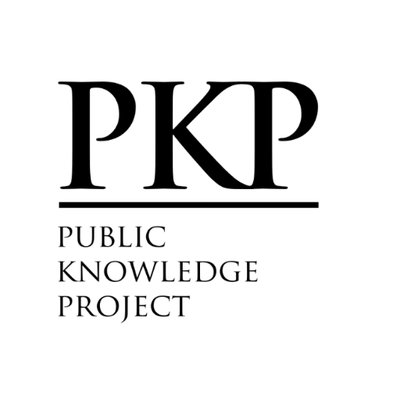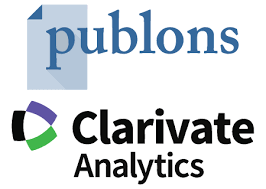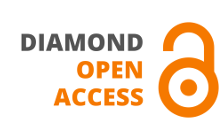The problem of conflicts related to the management of communities in rural areas in Niger: the case of Kanembakache commune.
DOI:
https://doi.org/10.59051/joaf.v8i2.104Abstract
This article focuses on "conflicts related to the management of pastoral wells". Indeed, the management of rural wells in some localities of Niger has problems. In the present research, it is necessary to analyze the functioning of the pastoral wells and the conflicts they generate in the rural district of Kanembakache. The work is carried out in the rural district and precisely at the level of the sites which are characterized by recurring conflicts. We asked ourselves the following question: How do pastoral wells work in the rural area of Kanembakache? This main question of research leads us to formulate two subsequent questions: (i) don’t the exclusion of transhumant people out of the system of wells management explain certain conflicts in the rural area of Kanembakache? (ii) Is the management mechanism settled a source of conflict between sedentary and transhumant? To achieve the general objective assigned to this research and to answer all the questions asked, we used a mixed methodology (quantitative method by questionnaire and qualitative through interview guides) while referring to the conflictual theory of Durkheim. At the end of the research, the results prove that in the field of research there is exclusion of the real owners (the transhumant people), which creates conflicts between them and the sedentary local people.
Keywords: Conflicts, rural wells, rural area, sedentary and transhumant people.
Downloads
Downloads
Published
How to Cite
Issue
Section
License
Copyright (c) 2017 Aboubacar ZAKARI, Rabo Ali MALIKI, Beitou BIZO

This work is licensed under a Creative Commons Attribution-NonCommercial-NoDerivatives 4.0 International License.
Authors who publish with this journal agree to the following terms:
- Authors retain copyright and grant the journal right of first publication with the work simultaneously licensed under a Creative Commons Attribution License that allows others to share the work with an acknowledgement of the work's authorship and initial publication in this journal.
- Authors are able to enter into separate, additional contractual arrangements for the non-exclusive distribution of the journal's published version of the work (e.g., post it to an institutional repository or publish it in a book), with an acknowledgement of its initial publication in this journal.
- Authors are permitted and encouraged to post their work online (e.g., in institutional repositories or on their website) prior to and during the submission process, as it can lead to productive exchanges, as well as earlier and greater citation of published work (See The Effect of Open Access).






















